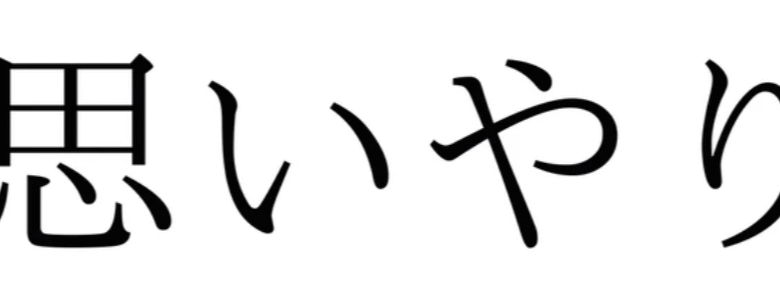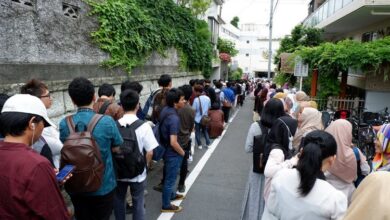
By : Ali Syarief
In today’s fast-paced and interconnected world, empathy is more than a virtue—it is a catalyst for connection, innovation, and effective leadership. In Japan, this idea is encapsulated in Omoiyari, a concept that extends beyond mere politeness. Derived from “omou” (to think) and “iyari” (to consider), Omoiyari is the ability to sense the feelings and needs of others before they are expressed and to act in ways that preserve comfort, harmony, and respect.
Omoiyari reflects the Japanese value of wa, or social harmony, emphasizing consideration without being asked. Small, proactive gestures—like quietly removing litter, offering a seat on a crowded train, or anticipating a colleague’s needs—communicate deep empathy without a word being spoken. This anticipatory attentiveness contrasts with many Western notions of courtesy, which are often reactive, responding politely when prompted rather than sensing unspoken needs.
Omoiyari in Professional Settings
Practicing Omoiyari in the workplace, especially in leadership roles, can be transformative:
- Cultivates Trust: When people feel understood and valued, collaboration flourishes, leading to stronger relationships and better outcomes.
- Drives Innovation: Considering diverse perspectives sparks creativity and uncovers solutions that might otherwise remain hidden.
- Enhances Leadership: Leaders who anticipate and respond to their team’s needs inspire loyalty, motivation, and resilience.
- Improves Customer Experience: Understanding customers’ preferences and pain points allows organizations to deliver personalized, memorable experiences.
- Fosters Resilience: During challenges or conflicts, empathy facilitates understanding, constructive dialogue, and durable relationships.
Cross-Cultural Perspective
| Culture | Approach to Empathy / Consideration | Note |
|---|---|---|
| Japan | Proactive; anticipates needs through Omoiyari | Focused on social harmony and avoiding conflict |
| United States | Expressive; values direct verbal communication | Empathy is shown through words and clear actions, less in silent anticipation |
| Indonesia | Similar to Omoiyari in concepts like “gotong royong,” though less codified as a daily social practice | Similar to Omoiyari in concepts like “gotong royong,” though less codified as daily social practice |
| France / Western Europe | Individualistic; respects personal boundaries | Care is expressed formally or directly, rarely anticipatory |
The Essence Across Cultures
Omoiyari is more than an action—it is a mindset shift. It calls on us to:
- Observe the environment and subtle cues of others.
- Anticipate needs before they are voiced.
- Act sincerely, without expectation of praise or recognition.
By embracing Omoiyari, we foster not only trust and collaboration but also a culture of quiet, thoughtful empathy that transcends borders, industries, and personal backgrounds. It is a reminder that genuine care can ripple through teams, organizations, and communities, transforming our interactions into meaningful connections.
In essence, Omoiyari teaches us that empathy is both a personal virtue and a professional advantage, guiding us toward more compassionate, inclusive, and successful worlds.



